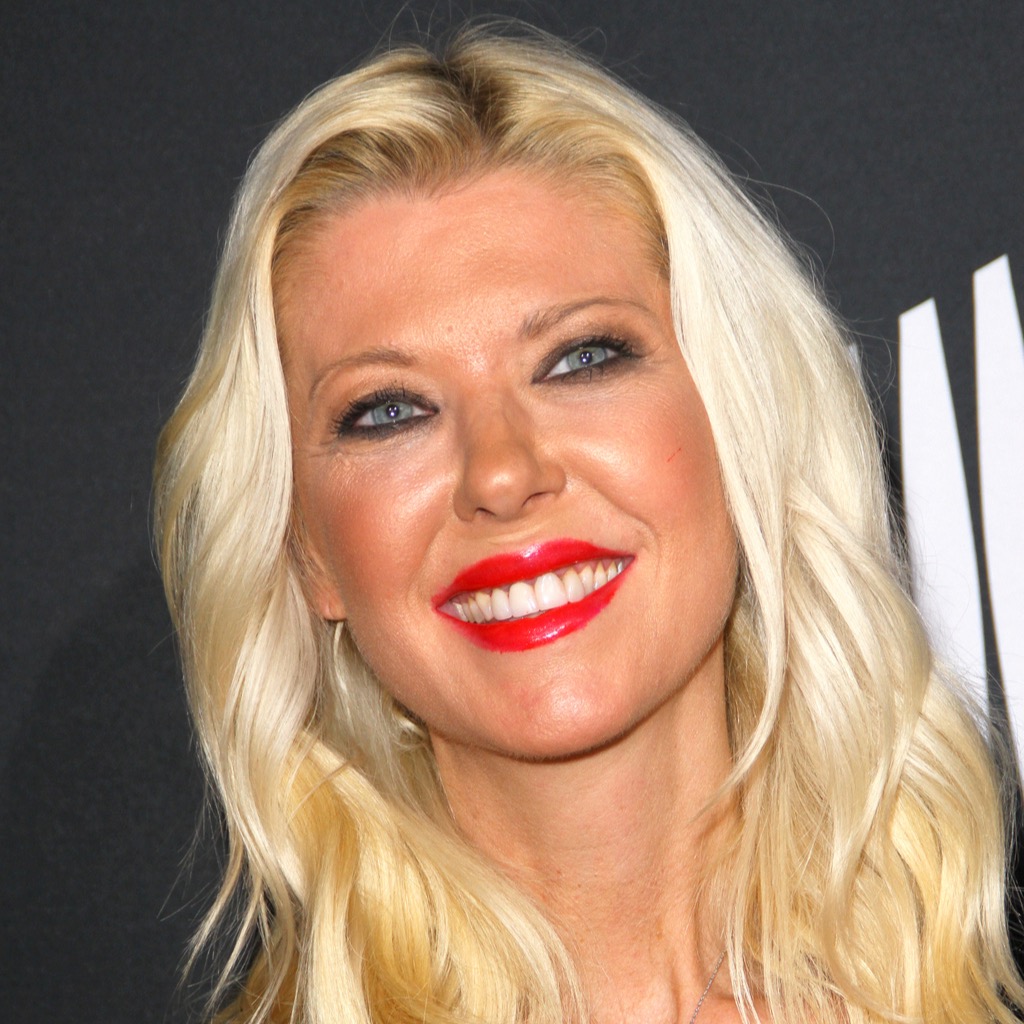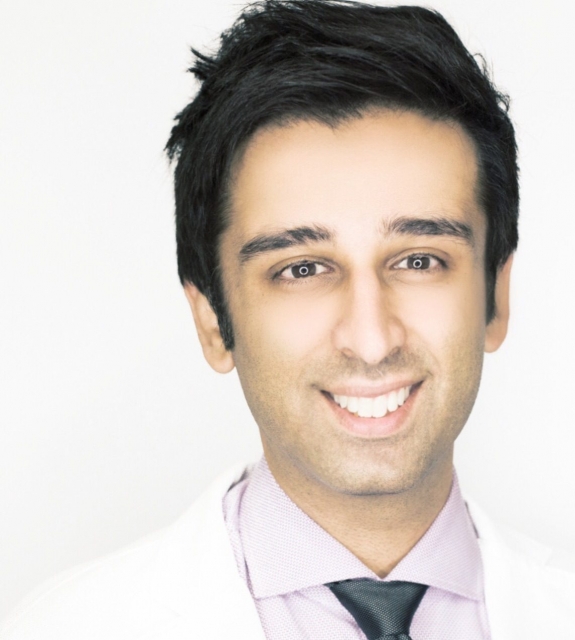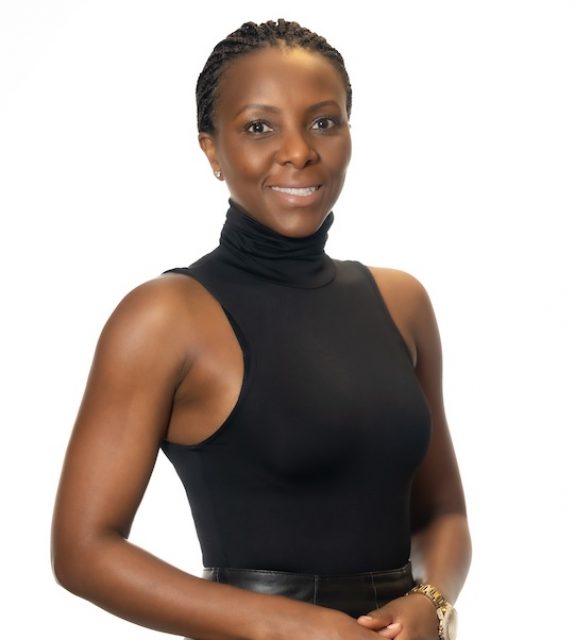
Known for her roles in "American Pie" and "Sharknado," Tara Reid seems to subtly remain in the Hollywood limelight. And indeed, the 45-year-old actress made recent headlines for a personal decision that may open her doors to a new future: freezing her eggs.
In an interview with syndicated journalist Allison Kugel, Reid said she froze her eggs in case she eventually wants to start a family. However, she currently feels content without children. “Well, I feel like I'm a mom already. I have two dogs that I'm so attached to. I take them everywhere I go. These dogs have probably been to eight different countries,” Reid said of her pets. “Right now, that is where I'm at.”
Though she’s not quite definitive on her future just yet, Reid seems open to any possibilities that come her way. “Will I have kids? Let's see what is in store for me. It's not a no, and it's not a yes,” she said. “If it is meant to be, it will happen. If not, I'm very comfortable where I'm at.”
Additionally, the actress opened up about where she sees herself five years from now and even hinted at a future marriage. “I definitely see myself being in a place where I'm excited and happy about producing and acting, and maybe married,” Reid said. “I have great friends, so just to keep my friends close [too]. I don't have many friends, just ones that are my favorite and best, and we would do anything for each other.”
Though it’s unclear when Reid froze her eggs, she isn’t alone. Fortunately, the advances in technology have normalized family planning for adults over 35. According to Haute MD expert Dr. Brian Levine (a fertility specialist in the New York market), fertility declines with age, and the effects are much greater in women — in their 30s, a woman’s fertility declines by half as it was in their early 20s.
For that reason, Dr. Levine suggests that women — as well as men — struggling with conception visit a fertility specialist to diagnose their condition or likelihood of getting pregnant. In fact, he only recommends “abandoning” natural conception methods when clear data shows there’s possible harm or risk to the mother or future pregnancy.
“Treating infertility is like training for a marathon: While it may feel like a slow process, the goal is to cross the finish line with a successful outcome,” Dr. Levine previously told Haute Living. “But like training for an event, fertility treatment can take incredible amounts of emotional and physical strength.”
























